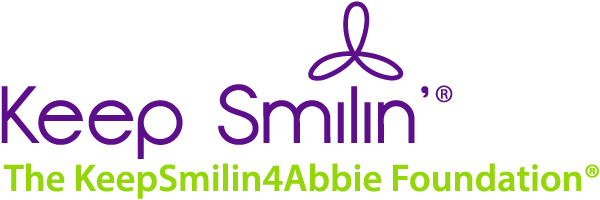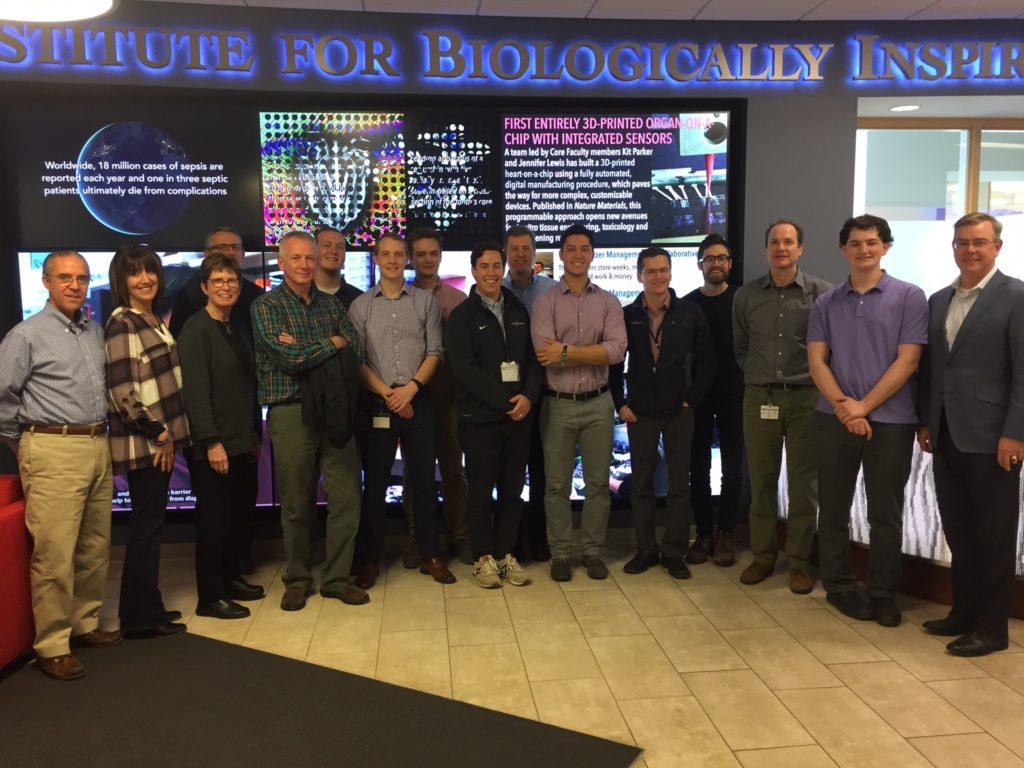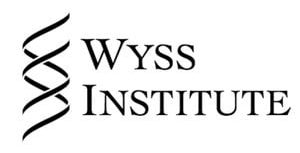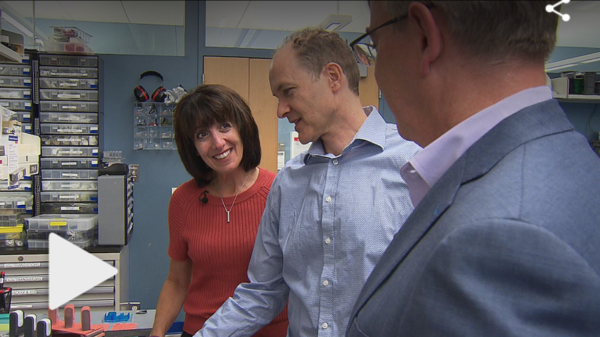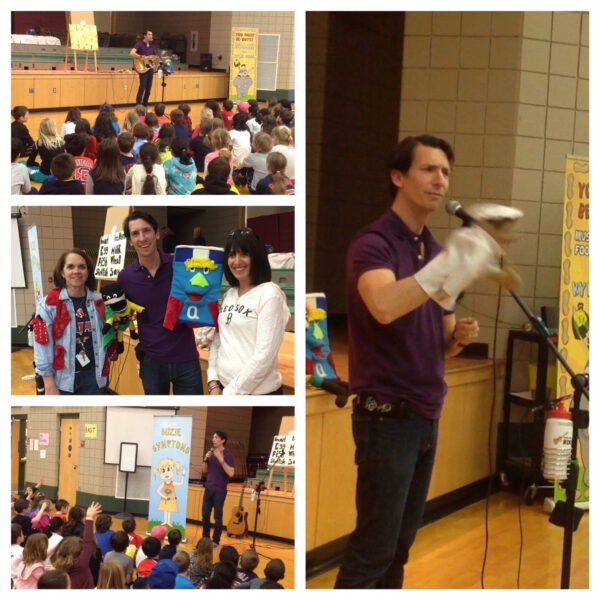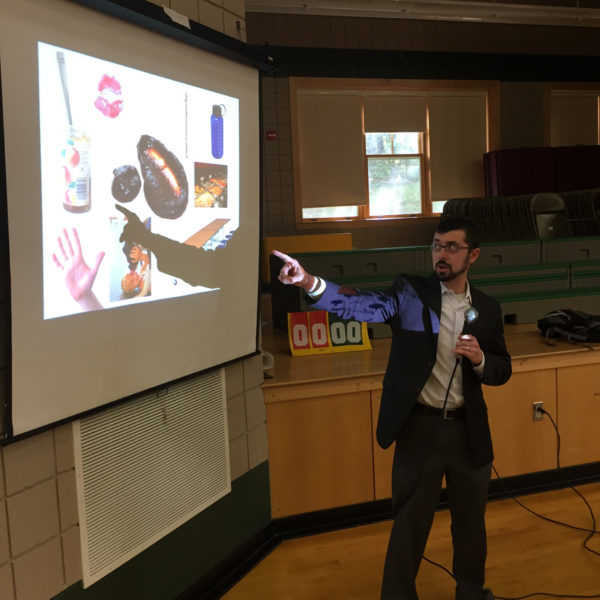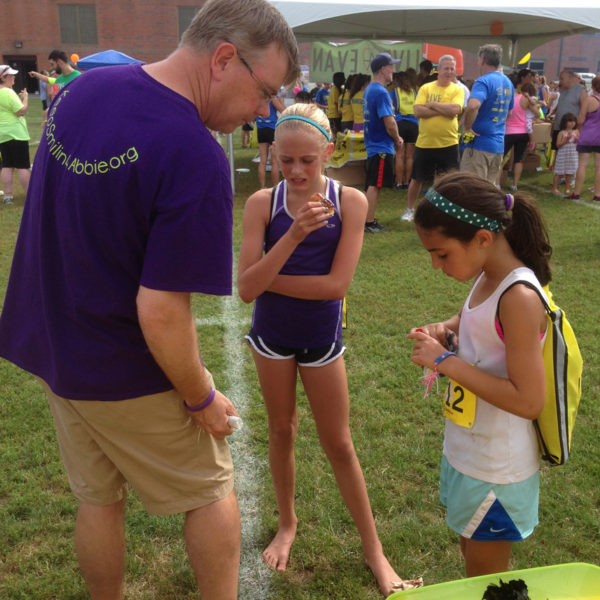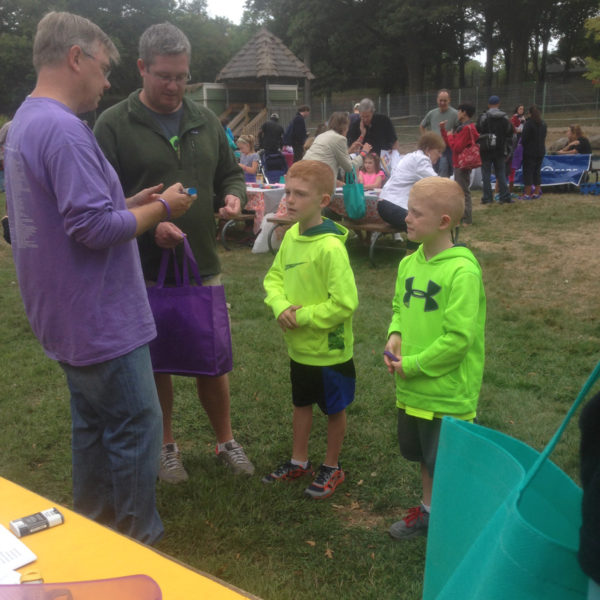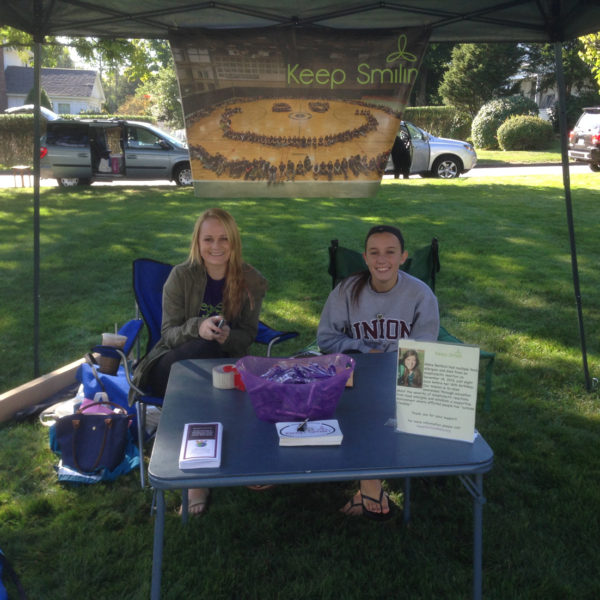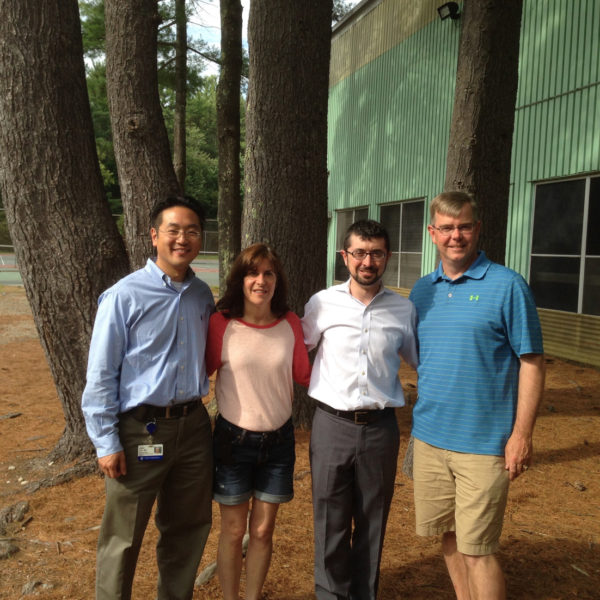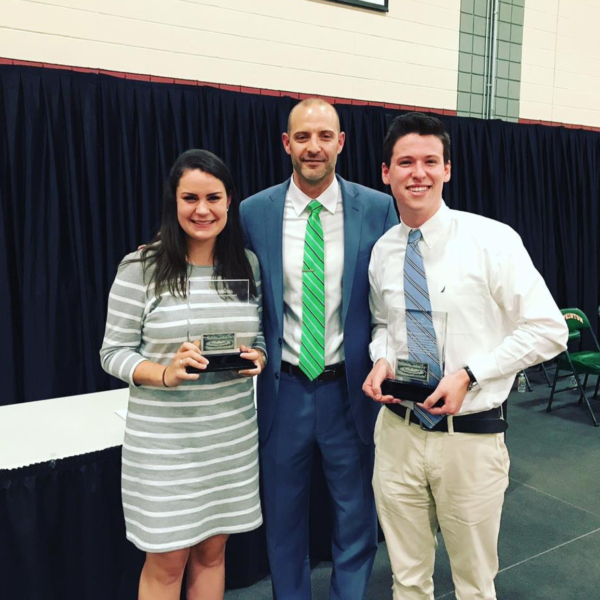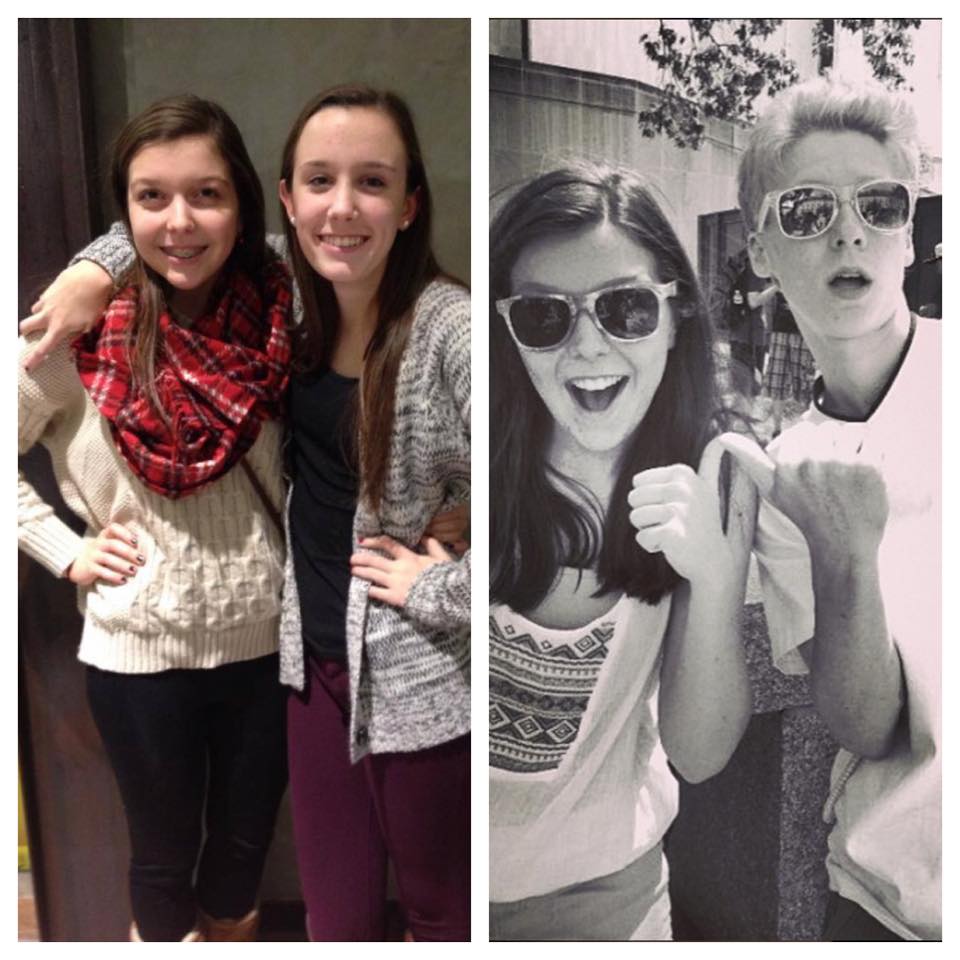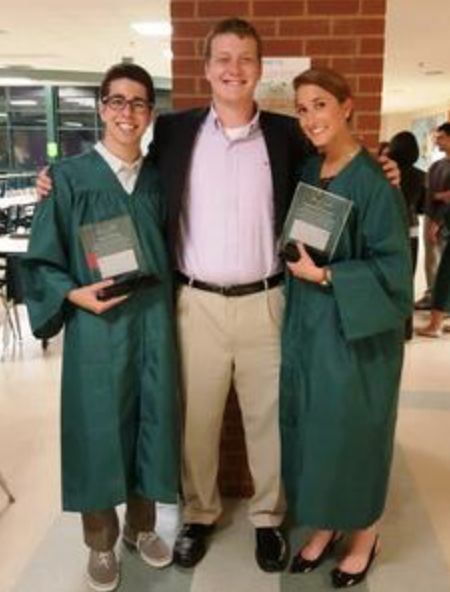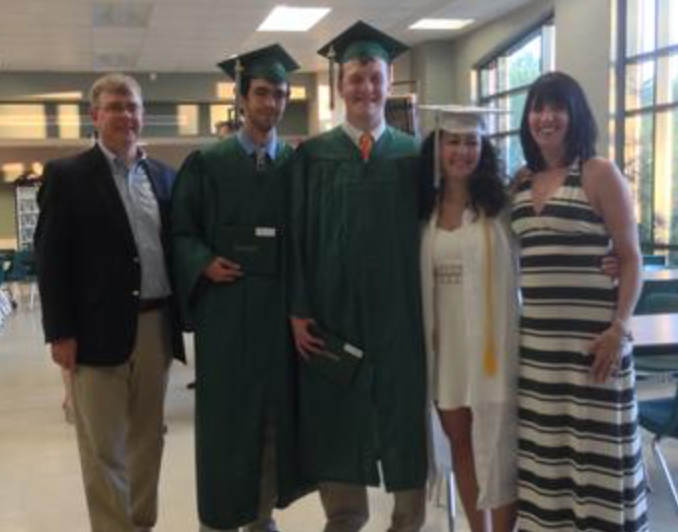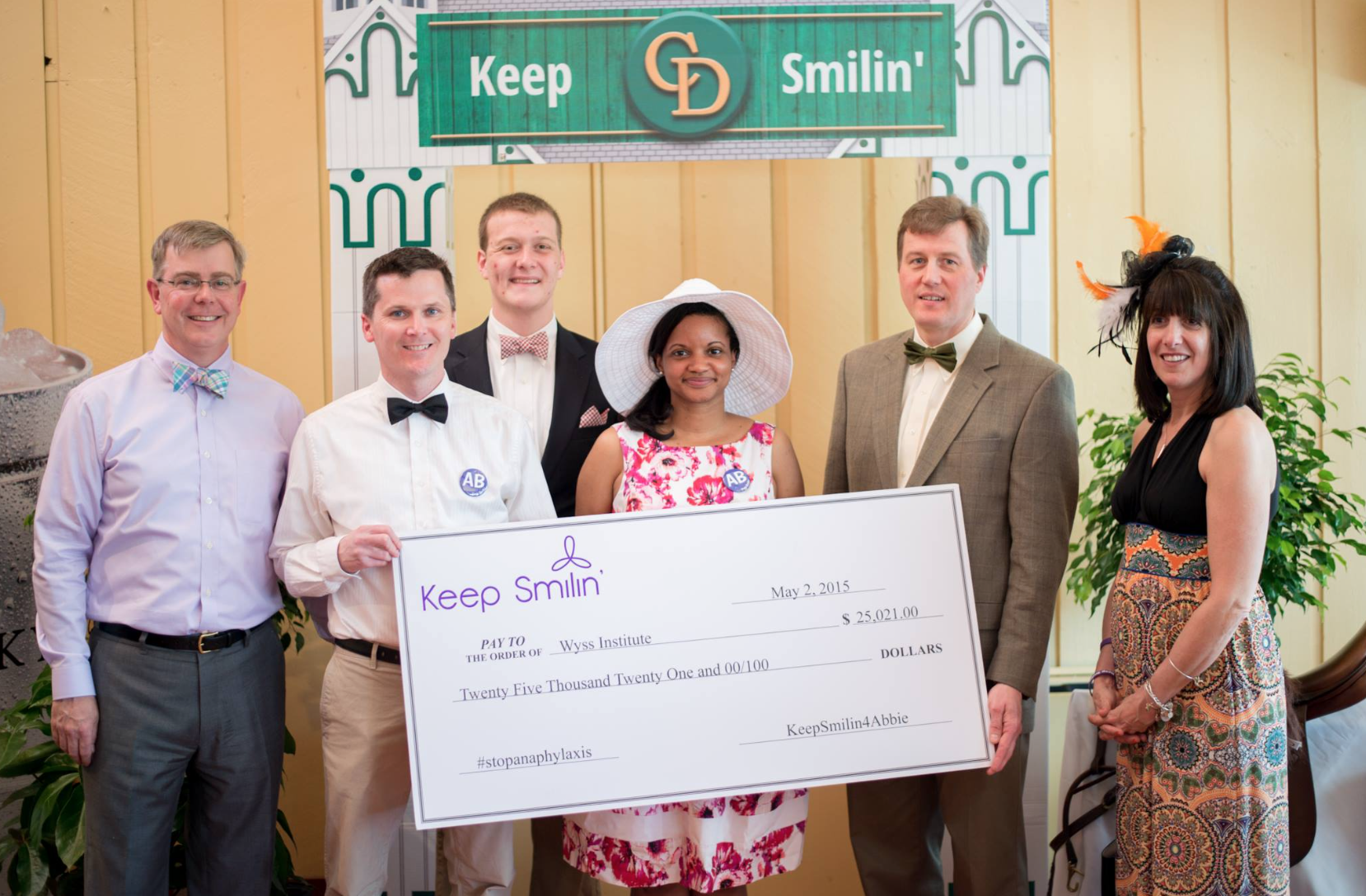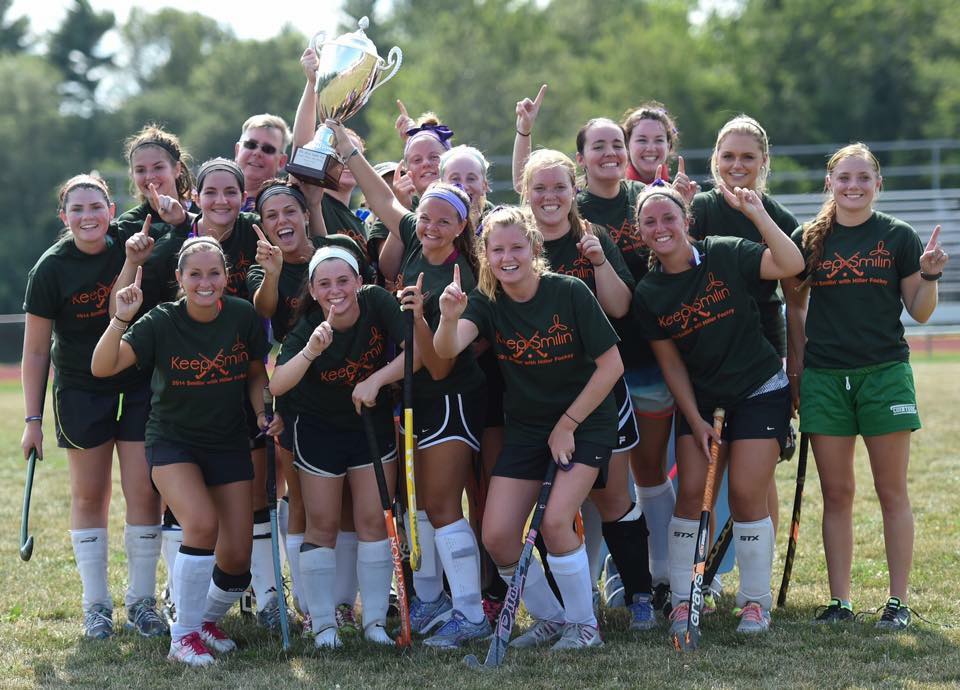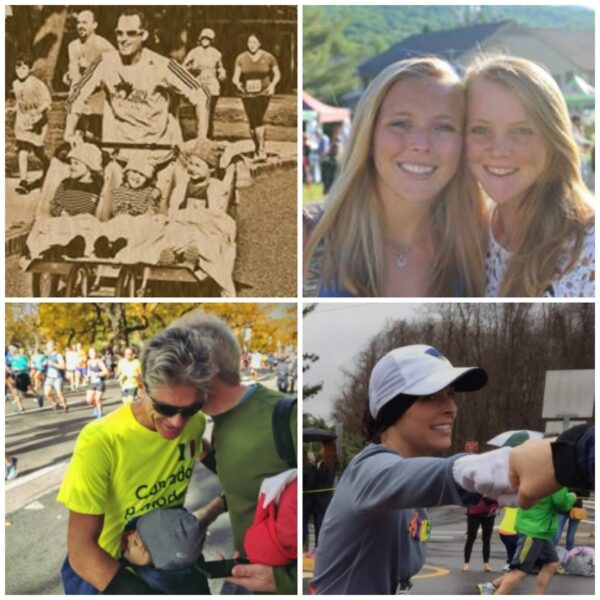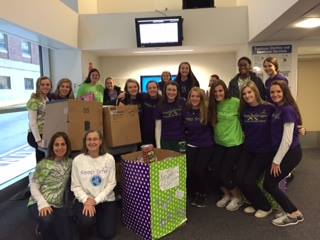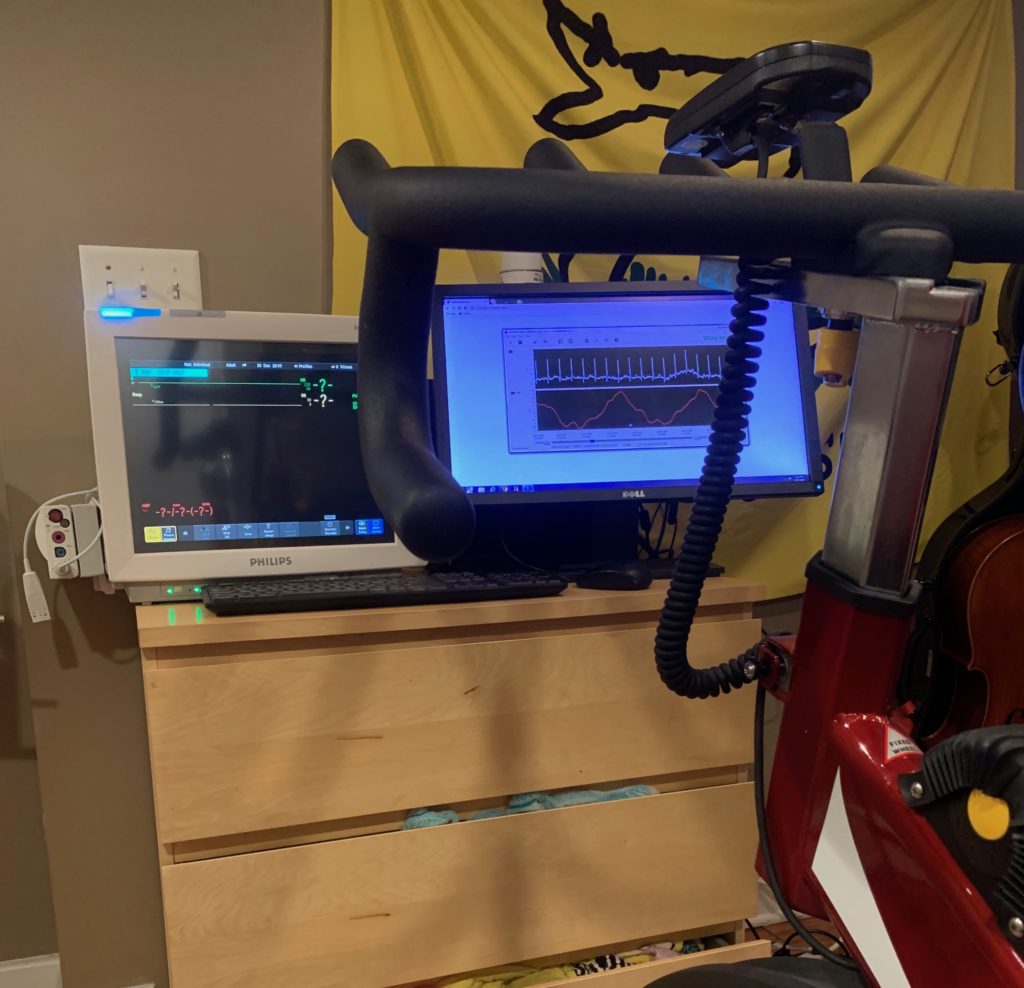
Project Abbie began with studying the biochemical markers of anaphylaxis and the form factor of the injector. We made significant progress in partnering with the Wyss Institute at Harvard University.
This year we prioritized research into respiratory symptoms as key risk factors in an anaphylactic reaction. Ben Matthews, who treated Abbie when she suffered her anaphylaxis until she passed away, leads our respiratory research.
This year we made two grants to the Matthews Lab at Boston Children’s Hospital. These grants funded important research that created a novel non-invasive technology that quantifies breathing and heart function in real-time. The significance of this is that this technology could be used as the central element in a wearable anaphylaxis device to analyze breathing and heart function during early allergic reactions and to diagnose and warn the user or guardians of physiological changes suggestive of anaphylaxis. There is much work to do and your continued support is critical. Please consider a donation today to help us continue to fund research to #stopanaphylaxis®️
We’ve included more details below about Project Abbie’s progress at the Matthews Lab, including exciting news about a collaboration with MediCollector and a recent grant from the US National Institute of Health.
Efforts in the Matthews Lab at Boston Children’s Hospital to deliver a wearable anaphylaxis device are ongoing, and Project Abbie has enjoyed success this past year despite the coronavirus pandemic. Chris Norve, (currently a graduate student at Brown University), completed a second internship cooperative in the Matthews Lab during the final year of his undergraduate engineering studies at Wentworth Institute of Technology. The cooperative was made possible through funding from the KeepSmilin4Abbie Foundation. During his time in the Matthews lab, Chris designed software that processes thoracic bioimpedance data from hospital bedside monitors. Thoracic bioimpedance signals are used as the ‘breathing trace’ and are generated by, and displayed on bedside monitors. The signal is captured using standard small electrodes that are placed on patients for monitoring in ambulances, emergency rooms, and in hospitals everywhere in the world. The novelty of Chris’ work is that it is the first non-invasive technology that quantifies breathing and heart function in real-time. The significance as it relates to Project Abbie is that this technology could be used as the central element in a wearable anaphylaxis device to analyze breathing and heart function during early allergic reactions and to diagnose and warn the user or guardians of physiological changes suggestive of anaphylaxis. Perhaps more importantly, the technology could be used non-invasively as well on any patient connected to a bedside monitor anywhere in the world to warn medical or hospital personnel of an impending medical emergency. Dr. Matthews, Mr. Norve, and Boston Children’s Hospital obtained a provisional patent on the technology in October 2019 (titled “Automated Biomarker Investigator (ABI) for real-time monitoring of breathing and heart function: an alert system for medical emergencies”), and through the ongoing support of the Foundation and Boston Children’s Hospital now have a patent pending on the technology (October 2020).
In order to validate the technology (i.e. validate the software that quantifies breathing and heart function in real-time), large prospective datasets of bedside monitor data of real patients in the hospital would be required. Unfortunately, there are no technologies that enable health care institutions to easily capture and record live data from bedside monitors that would make validation studies that we need possible. Recently, the National Institutes of Health (NIH) created a funding opportunity to do just that: and in October 2020, John Osborne, a former lead engineer on Project Abbie at the Wyss Institute, and founder of MediCollector (a medical device integration company) in collaboration with Dr. Matthews, were awarded funding for a collaborative grant. The overall objective of the award is to create a technology that could be used by healthcare institutions to transmit, display and record hospital bedside data so that the data could be accessed by the hospital or third-party software systems for live data processing. It is our hope that the technology developed in this grant will provide the tools that are needed for gathering large datasets to further develop and validate the algorithms developed by Dr. Matthews and Mr. Norve in 2019 and to eventually test them on human subjects.
Links to the project can be found on the Boston Children’s Hospital Twitter feed (https://twitter.com/BCH_
A description of the collaboration between Dr. Matthews at Boston Children’s Hospital and MediCollector can be accessed at https://www.medicollector.
A more detailed description of the work to be performed using federal funding from the NIH can be found at the NIH Public Project Summary Page https://projectreporter.
Research
The Wyss Institute’s mission is to develop biologically inspired materials and devices that will solve important medical and environmental problems and to translate these technologies into products that will impact society and the world. The Wyss Institute prides itself on its “collaboratories” that bring diverse academic, clinical, and industrial partners together under one roof.
Partnership with Harvard’s Wyss Institute
We are partnered with Harvard University’s Wyss Institute in late 2015 to to advance research and development efforts in the early detection and treatment of anaphylaxis. We have donated over $100,000 the Wyss Institute, directed to Project ABBIE.
The immediate goal for Project ABBIE is to understand the physiological and biochemical signals that indicate anaphylaxis and develop a wearable device that continually monitors these signals.
Once a critical threshold is reached, the device would alert caregivers and auto-inject a life-saving dose of epinephrine.John Osborne
The device would be worn on the body at all times to provide control in an uncontrollable situation, potentially saving lives.
Check out our recent news coverage for an update on Project ABBIE:
Meet the lead faculty and staff behind Project Abbie
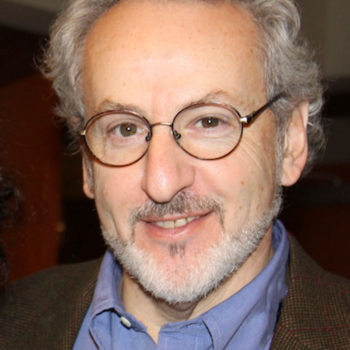
Donald Ingber, M.D., Ph.D.

Benjamin Matthews, M.D.

John Osborne
Awareness
Anaphylaxis is a potentially life threatening reaction to food, insect stings, medicine or latex. Over 15 million Americans are at risk of anaphylaxis according to Asthma and Allergy Foundation of America. With little warning when exposed to a trigger, millions are at risk of near sudden death.
The KeepSmilin4Abbie Foundation funds new education programs, with the support of medical professionals, for those at risk.
“I’m Aware and I Care”, is an allergy awareness program that we have launched. I’m Aware and I Care works to educate communities on the many food allergies today and how to recognize ingredients that will put you in harms way. The program started at Woodward School in Southborough, MA during Food Allergy Awareness Week. Throughout the program students are educated on food ingredients/allergies to help themselves and their fellow classmates who may be at risk of anaphylaxis. Click here or here to watch our 2018 live stream of “I’m Aware and I Care” with Kyle Dine.
The Foundation is active in our community. You’ll find us at the starting line of the Boston Marathon demonstrating auto-injectors and evangelizing the importance of early detection and treatment of anaphylaxis. In addition, we sponsor educational speakers to speak about food allergies and award two scholarships in our hometown. And during the holiday season, Abbie’s favorite time of the year, we do a toy drive to benefit Boston Children’s Hospital. We’ve donated over 5,000 toys through this event!
Put simply, it is our mission to #stopanaphylaxis!
Scholarships
Annually, our Foundation recognizes two faculty nominated, graduating seniors from Hopkinton High School.
The Keep Smilin’ award is given to students who exemplify the same character traits as Abbie. They must be a reliable friend, thoughtful, empathetic, spirited and, of course, have a sense of humor!
The award includes recognition at senior awards night and a scholarship for pursuit of post-secondary education.
